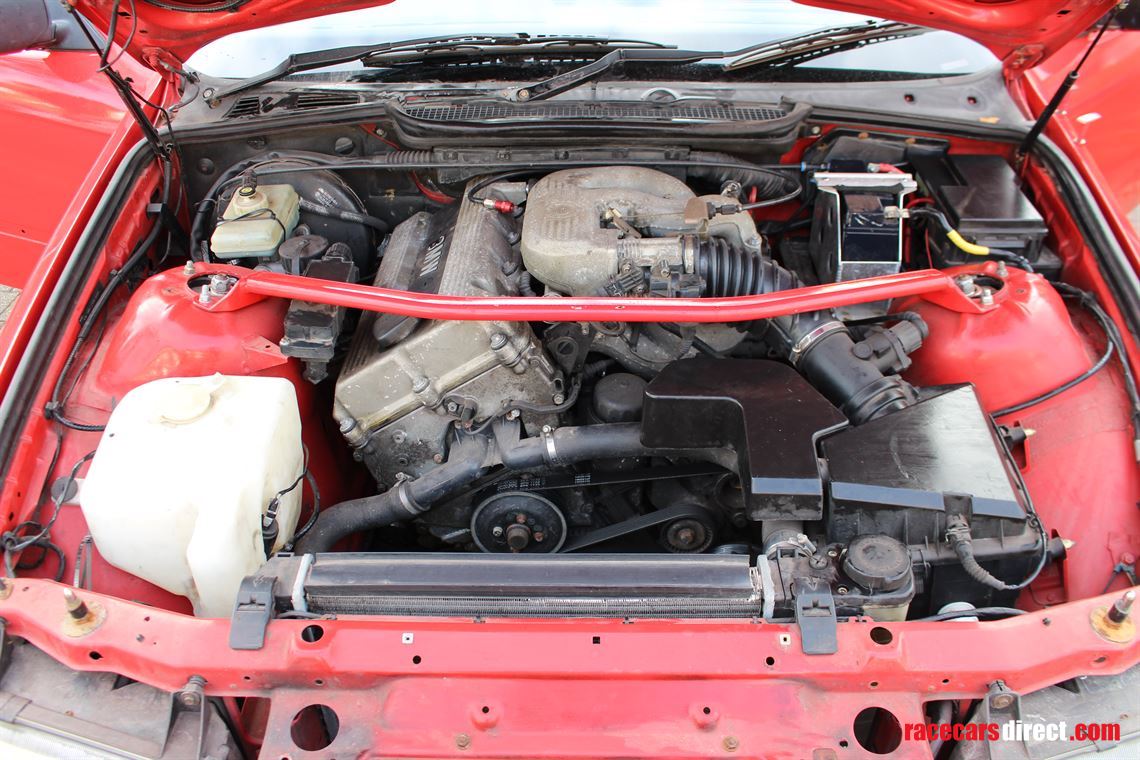How to Keep Your BMW 318ti Running Efficiently for Years
How to Keep Your BMW 318ti Running Efficiently for Years
Blog Article
Vital Factors To Consider for Picking the most effective Engine for Your Requirements
In the world of picking the excellent engine to satisfy your requirements, a number of vital aspects demand precise consideration to guarantee optimal efficiency and effectiveness. From the nuanced equilibrium between power and performance to the often-overlooked elements of upkeep and solution needs, each element plays a crucial function in determining the most ideal engine for your particular needs.
Power and Efficiency
When evaluating engines for ideal efficiency, it is vital to focus on both power outcome and efficiency. Efficiency refers to exactly how well the engine converts fuel into functional energy. By carefully assessing both power and performance, you can select an engine that supplies optimum performance and meets your demands successfully.
Gas Performance and Economic Situation
Gas efficiency refers to the engine's capability to convert gas into energy with marginal waste, straight influencing operating costs and environmental sustainability. Engines with higher fuel efficiency not just reduce fuel expenditures but also decrease carbon exhausts, contributing to a greener procedure.

Compatibility and Application
Thinking about the gas efficiency and economic climate of an engine, the following vital element to address is its compatibility and application within certain functional contexts. Compatibility refers to exactly how well the engine incorporates with the overall system or devices it powers.
In addition, the application of the engine is equally vital. Various engines are designed for details functions, whether it be commercial equipment, aquatic vessels, automobiles, or power generators. Comprehending the desired application enables for the choice of an engine that can deliver the required power output, torque, and operational features. For instance, a high-revving engine created for efficiency cars would certainly not be ideal for sturdy construction devices that requires high torque at low speeds.
Maintenance and Solution Demands
Upkeep and solution demands play a critical duty in ensuring the durability and ideal efficiency of an engine. Routine maintenance is necessary to avoid failures, prolong the life expectancy of the engine, and maintain its performance. When choosing an engine, it is essential to consider the maker's recommended maintenance timetable and the availability of service centers or certified service technicians.
Variables such as the regularity of oil changes, filter substitutes, and overall evaluations can substantially affect the engine's efficiency. Some engines may require even more regular servicing based on their style and use, while others might have longer periods in between upkeep checks. It is crucial to abide by these solution requirements to prevent expensive repair services and unforeseen downtime.

Cost and Spending Plan Considerations
Budget plan navigate here constraints commonly play a considerable duty in the decision-making procedure when choosing an engine for a specific application. When considering the cost and budget effects of choosing an engine, it is necessary to analyze not only the initial purchase cost yet also the long-lasting expenses connected with upkeep, fuel intake, and possible upgrades or repair work. It is crucial to strike an equilibrium in between the ahead of time price of the engine and its overall lifecycle expenses to make sure that the chosen engine remains monetarily sustainable throughout its functional lifespan.
Aspects such as fuel performance, dependability, and resilience can directly influence the total expense of possession of an engine. While an extra expensive engine may have higher ahead of time prices, it could potentially result in lower maintenance and gas expenses over time, thus supplying their explanation much better value in the long run.
Verdict

Gas effectiveness refers to the engine's ability to transform gas right into power with very little waste, directly affecting operating expenses and environmental sustainability.Variables influencing fuel efficiency include engine layout, combustion effectiveness, and general efficiency optimization. Furthermore, choosing the appropriate gas type and quality as suggested more helpful hints by the engine manufacturer can better improve performance and prolong engine life expectancy.
Engines with excellent serviceability features and conveniently offered parts can lower maintenance expenses and reduce the time the engine is out of procedure - bmw 318ti. It is vital to strike a balance between the ahead of time cost of the engine and its total lifecycle costs to make sure that the chosen engine remains financially sustainable throughout its operational life expectancy
Report this page